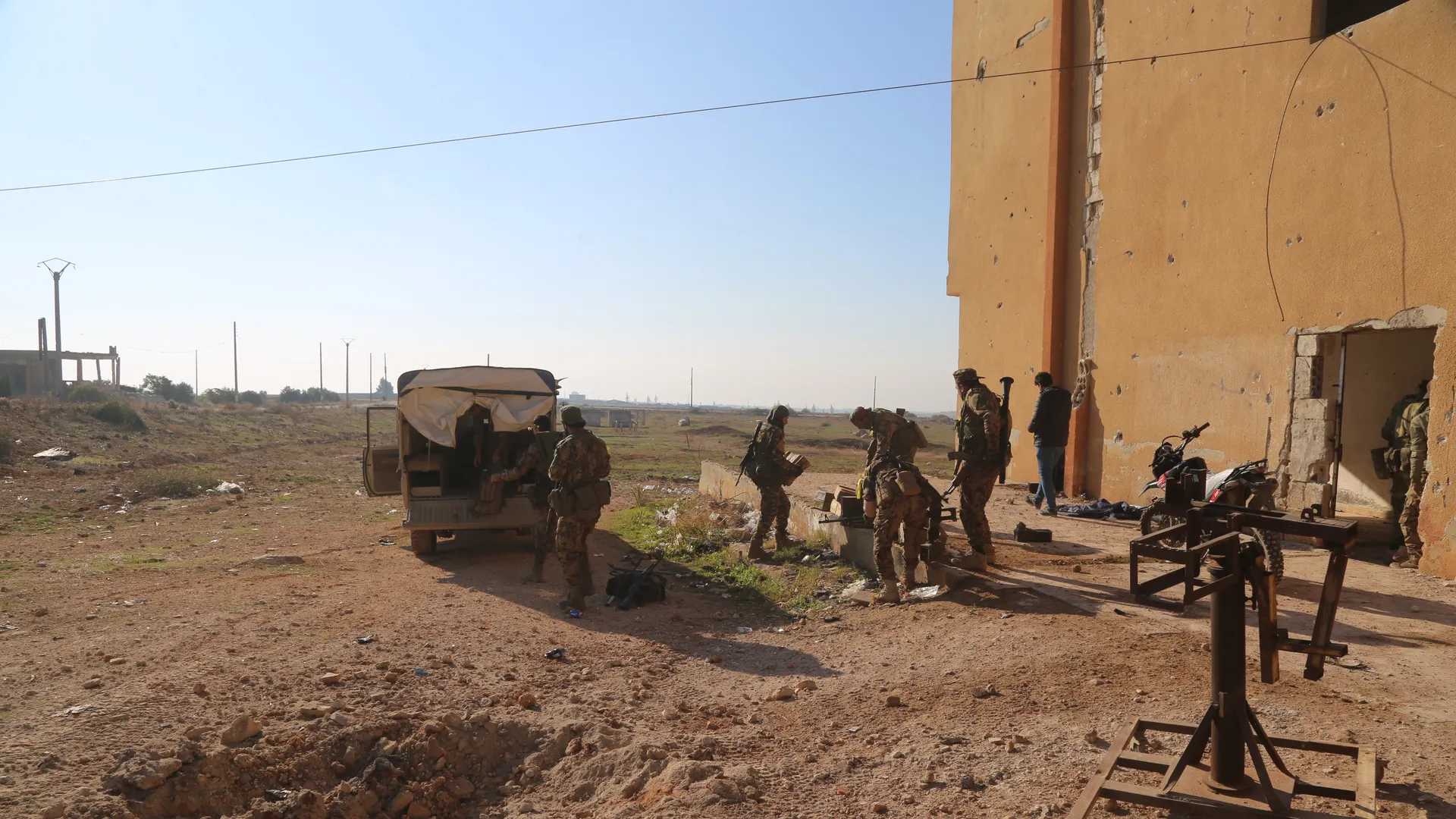This article, updated following the fall of Syria last December 8, 2024, reflects on the recent coup d’état in Damascus, led by jihadist terrorists allegedly backed by the US, NATO, and Israel, resulting in President Bashar Al Assad fleeing the country. It critiques the portrayal of the conflict as a civil war, arguing instead that it is a result of a long-term strategy to destabilize Syria and install an Islamic state aligned with Western interests.
The piece highlights the initial protests in Daraa in March 2011 as being misrepresented by Western media, which framed them as peaceful demonstrations rather than an armed insurgency supported by foreign powers. It suggests that this narrative has been used to justify military interventions and sanctions against Syria while obscuring the role of organized armed groups in the violence. The author calls for a deeper understanding of the geopolitical motives behind the conflict and warns of potential future escalations involving regional powers.
Editor’s Note: The portrayal of Syrian rebels in mainstream media as heroic figures, despite their designation as terrorist groups, raises significant concerns about the role of journalism in shaping public perception and legitimizing violence.[Read this and this to know more]. This narrative echoes historical precedents, such as the West’s initial support for the Taliban in Afghanistan, which ultimately led to devastating consequences for their respective populations. The fall of Syria could mirror this outcome, resulting in a humanitarian disaster as extremist factions gain control, further destabilizing the region.
As the media continues to frame these groups as liberators while ignoring their violent tactics and affiliations, it risks repeating the mistakes of the past, where short-sighted alliances fostered long-term chaos and suffering. The implications for the Syrian people are dire; a fractured state under extremist rule threatens not only their safety but also the very fabric of a once-secular society, illustrating the dangerous intersection of geopolitics and media narratives. [We encourage you to read the following to understand the role that media plays in the revision of historical facts: How did combatants’ narratives and social media shape Syria’s civil war?, The Media’s War: How the press is fueling Syria’s conflict, This Syrian American says Western media puts too much faith in ‘moderate’ Syrian rebels. Also read A blueprint for bringing about a new Syria].
As you study the Syrian narrative, we encourage you to look at the parallelisms between the Ukrainian war and the ongoing expansion of Zionists in the West Bank. [Read Ukraine’s Nazi problem is real, even if Putin’s ‘denazification’ claim isn’t, The Unpunished: How Extremists Took Over Israel, Hardliners violently expel Palestinians to expand Israeli settlements in West Bank].
Read Original Article
Read Online
Click the button below if you wish to read the article on the website where it was originally published.
Read Offline
Click the button below if you wish to read the article offline.
